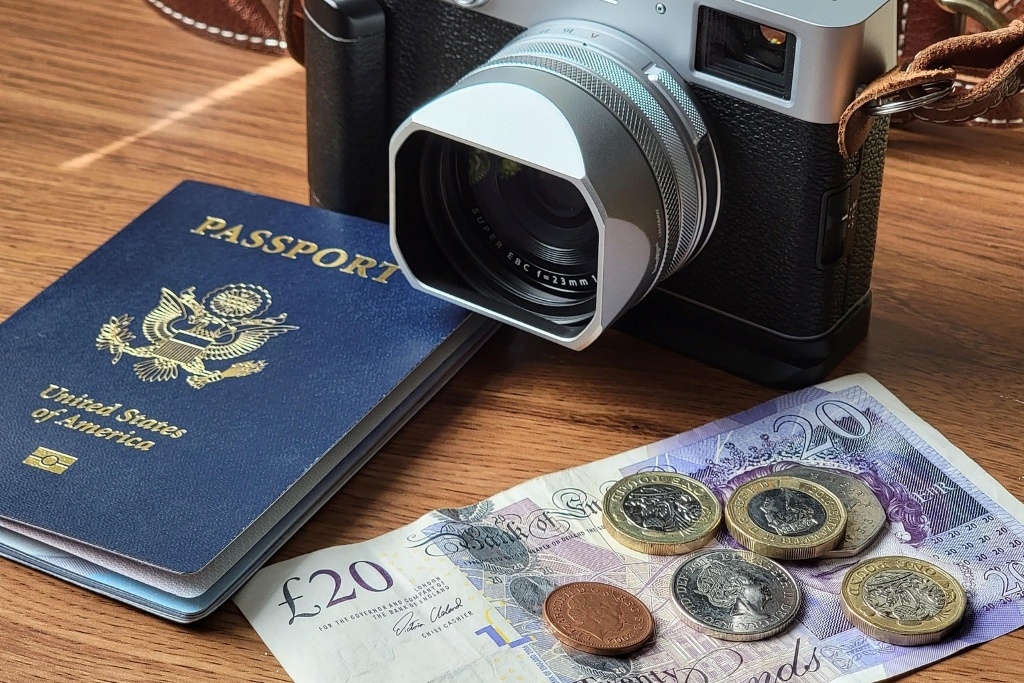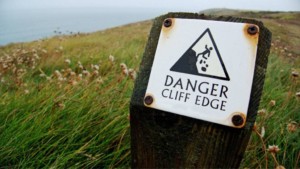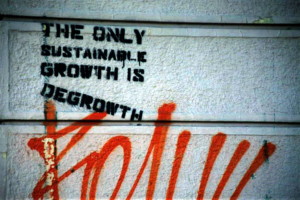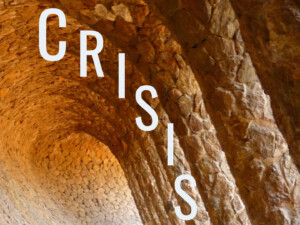For the sake of the world’s poor, might the risk of overtourism be worth it?

From a facilitator of potentially damaging masses to a mere tinkerer at the economic margins of a place, travel & tourism can be anything a destination chooses it to be.
In this “Good Tourism” Insight, Peter Smith suggests that mass tourism may offer more to the world’s poorest stakeholders than many commentators acknowledge.
[Thanks to Jim Butcher for inviting Dr Smith to write a “GT” Insight.]
COVID-19 has had an unprecedented impact on international tourism: a 74% fall in international arrivals with a loss of US$1.3 billion in tourism income (UNWTO; PDF hosted offsite). Major tourism destinations have been emptied of visitors for months, cities usually thronging with budget airline tourists are eerily quiet, and destinations that have been tagged with the fashionable label of ‘overtourism’ now have a trickle of visitors at best.
Workers in the tourism, aviation, and the wider hospitality sectors of many Western countries are on furlough or their governments are underwriting their wages — if they are lucky — otherwise they have been made redundant. In the developing world, in countries where tourism is critical or important, few are so lucky. Stories of destitution abound. This situation should be a moment for tourism practitioners, academics, advocates, and campaigners to take a step back and consider their current favoured approach to tourism.
Tourism was once seen as a break from the norm of work; a chance to recharge batteries and relax in more pleasant surroundings. Today, ethical advocates and campaigners aim to make our choice of tourist destination as fraught with ethical conundrums as various other areas of life.
For Kellee Caton (2012) this represents tourism’s ‘ethical turn’, but perhaps it should be seen as a reaction against and rejection of mass tourism. COVID-19 should give us pause for reflection at how the types of tourism advocated to replace mass tourism can meet the genuine needs of individuals and communities that have been reliant on it.
The damaging masses
For the last 25 years or so mass tourism has come under relentless criticism. Jost Krippendorf’s The Holiday Makers: The Impacts of Leisure and Travel (1987) pioneered the now widely accepted critique of mass tourism. For Krippendorf, mass tourism is a “restless activity that has taken hold of the once sedentary human society”. In this reading, mass tourism results in damage to host communities and the local environment, as mass migration encounters social and environmental limits.
Krippendorf not only criticised mass tourism. His major contribution was to shift the discussion away from the damaging commercial operation to the behaviour of the touring masses themselves. On the basis that mass tourists are damaging to the environment and host communities, Krippendorf advocated alternative tourism projects and products that take into account the environmental, economic, social, and cultural impacts of tourism, particularly in developing counties. Krippendorf’s study can be said to have established many of the key themes that have since become prominent in critiques of mass tourism and the advocacy of niche alternatives (Novelli, 2005).
Also see Meghan L Muldoon’s “GT” Insight
“Taming the beautiful monster: What ‘critical tourism studies’ is to me”
Alongside the common critique of mass tourism, over the last two decades academics and advocates have focused on developing the concept of alternative, niche forms of tourism (Mowforth & Munt, 2016). There has been a growing literature on ecotourism and ‘ethical’ tourism that links the behaviour and purchasing habits of consumers to development outcomes in developing countries (Scheyvens, 2002; Weaver, 2008; Buckley, 2009; Pattullo & Minelli, 2009; Wearing & Neil, 2009, among others). Ecotourism was once championed as the primary alternative to mass tourism, but increasingly other niches, such as volunteer tourism, are advocated as ethical exemplars.
The alternatives to mass tourism widely advocated in academic and activist circles almost exclusively focus on small-scale projects in the developing world. They incorporate key elements of ‘neo-populist’ approaches to development that have risen to prominence since the 1970s (Hettne, 1995; Chambers, 1997; Adams, 2008).
Neo-populism emphasises the involvement of the ‘local community’, their ‘participation’ in decisions, and their control over development. It replaces the Cold War-inspired populist movements in developing countries. And it is a response to the failure of the international market to deliver economic growth in certain regions, notably Africa.
Ethical niche sectors such as ecotourism and volunteer tourism neatly link conservation and local community involvement and have, for many advocates, become ‘exemplars’ of the neo-populist approach.
Tinkering at the margins
The narrowing of key concepts of development and democracy to more localised settings has profound implications, particularly for developing countries. The lack of a national or regional focus to such advocacy is wholly at odds with the idea of liberating poor communities from their localised poverty, as it diverts attention away from dealing with developing countries’ marginal positions in international trade.
We may wish good luck to local community-based ethical tourism projects, but the fact remains that small businesses bring minimal benefit to local communities and fail to transform the economies or infrastructure of developing countries in any meaningful way. This is tinkering at the margins, at best.
Also see Jim Butcher’s “GT” Insight
“Why tourism degrowth just won’t do after COVID-19″
Which brings us back to the current COVID-19 situation faced by tourism. In such a situation we should reflect on the extent to which small-scale project-based alternatives to mass tourism can realistically build back the sector. It should be clear by now that the ethical tourism niches advocated for the last 25 years or so will be insufficient to provide the jobs and livelihoods so desperately needed; not least in the developing world.
Sure, mass tourism has many issues that need to be addressed — historically poor wages, some far-from-exemplary examples of host-guest interactions, and localised competition over resources such as water, for example — but should we perhaps question our shrill rejection of mass tourism? Might we even accept the risk of overshooting into overtourism in places that desperately need the visitors back?
What do you think? Share a short anecdote or comment below. Or write a deeper “GT” Insight. The “Good Tourism” Blog welcomes diversity of opinion and perspective about travel & tourism because travel & tourism is everyone’s business.
Featured image (top of post): Passport, camera, money … go. Image by bjwhite66212 (CC0) via Pixabay.
About the author

Peter Smith is a Senior Lecturer in Tourism Management at the University of West London and the co-author of Butcher, J and Smith, P (2015) Volunteer Tourism: The lifestyle politics of international development, Routledge, London.





